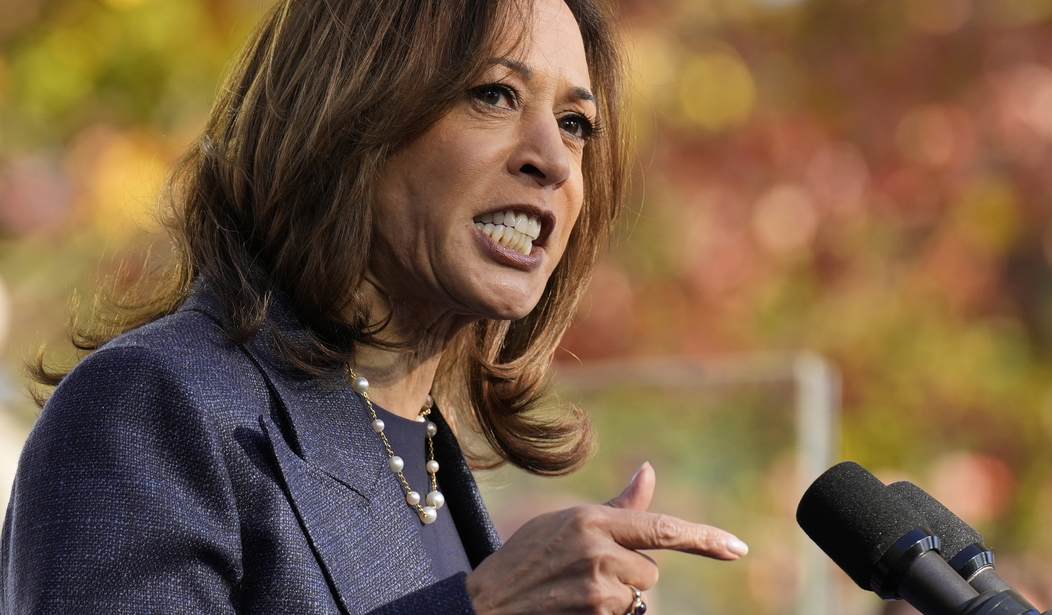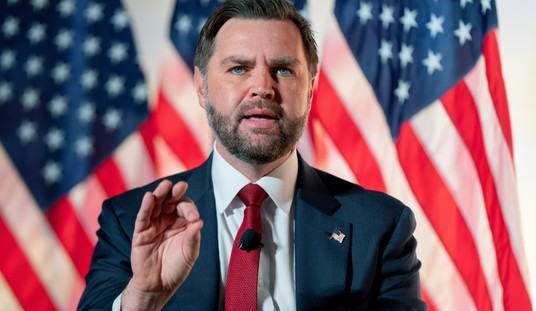Try as I might, I cannot fully comprehend the campaign strategy the Harris/Walz team has thrown together, especially here at the end of the campaign.
In the midst of polling data that shows she is losing Hispanic, black, and union voters in record numbers, her campaign strategy seems to be focused on trying to win men in the cringiest ways possible, and also sending Tim Walz on The View because nothing says they are serious about winning men like appearing on The View.
Another campaign tactic, which seems absolutely bizarre on its face, is the tactic of going after disaffected Republicans who dislike Donald Trump.
Harris’ decision to chase disaffected Republicans while losing critical support among union and Black voters feels like a political miscalculation. According to The Independent, Harris’s campaign is betting heavily on moderate Republicans and independents, with figures like Liz Cheney joining her on the trail. The strategy involves “juicing turnout among college-educated” voters in swing states like Pennsylvania and Michigan. However, neglecting core Democratic groups in favor of anti-Trump Republicans could prove disastrous.
[David] McHenry told The Independent he has aligned with the Party of Lincoln since his high school days. He even spent time working for Victor Atiyeh, the last Republican governor of Oregon, during the eight years Atiyeh served in that state’s highest office. And although the former soldier voted for Trump in both 2016 and 2020, McHenry said the January 6 attack on the Capitol was a bridge too far for him.“It took me a while until I came to the conclusion, but when Bill Barr, the Attorney General, said, ‘Hey, this is a legit election,’ it finally started dawning on me that I’d been had,” he said.
McHenry also said his outlook as a military veteran has shaped his post-2020 opposition to his party’s standard-bearer, citing his oath to defend the US Constitution “against all enemies, foreign and domestic”.
“I’ve lost a lot of friends and family members, because all my family was pretty much full-scale for Trump. But right’s right, wrong is wrong, and I believe in this nation,” he said.
Harris is bleeding support where it matters most. Union workers—a key Democratic voting bloc—are showing signs of frustration with the party’s handling of economic issues. Similarly, her standing among Black voters is slipping, with some polls suggesting Trump is outperforming past Republican candidates with these groups. Instead of addressing these critical shifts, Harris is focusing on moderates who may never fully align with the Democratic platform. Prioritizing these voters over her base not only risks low turnout but also alienates the working-class voters who propelled Democrats to past victories.
This isn't just bad strategy—it’s baffling. Presidential campaigns are about motivating your core supporters, not trying to win over people on the fence. Sure, Harris might pick up a few Republicans disillusioned by Trump, but at what cost?
“It’s going to be more Republicans than you’ve seen vote for a Democrat in decades,” a campaign operative claimed. Yet, if Harris can't energize the voters who carried Biden in 2020, winning over a few thousand suburban Republicans won’t save her.
Meanwhile, Trump is making deliberate—and effective—appeals to working-class, Black, and Hispanic voters. His messaging speaks to economic frustrations, crime, and immigration—issues that resonate deeply with voters Harris seems to be neglecting. While the Harris campaign talks about “turning the page,” Trump is capitalizing on anger over inflation and border insecurity, positioning himself as the candidate more in touch with the everyday struggles of Americans.
Ultimately, Harris’s decision to court Republicans like Cheney while losing touch with union workers and Black voters highlights a deeper disconnect. The campaign may believe that anti-Trump sentiment alone will carry the day, but that’s a risky bet. Voters need more than slogans—they need clear, actionable policies. And if Harris doesn’t refocus on the concerns of her base soon, she risks seeing them sit out in November. Winning requires more than just cobbling together a coalition of disaffected moderates—it requires inspiring the people who have always been the backbone of the Democratic Party.











Join the conversation as a VIP Member